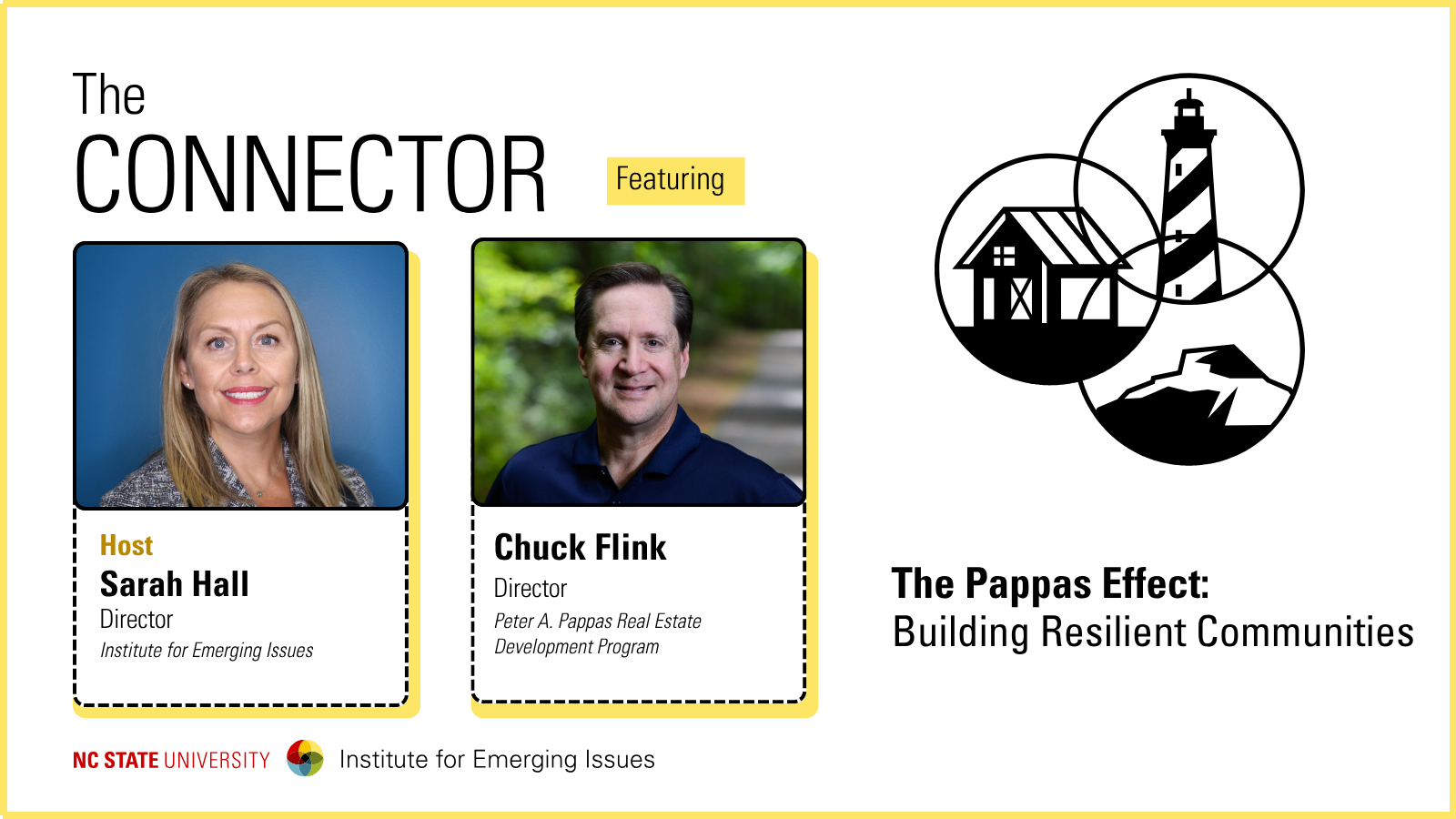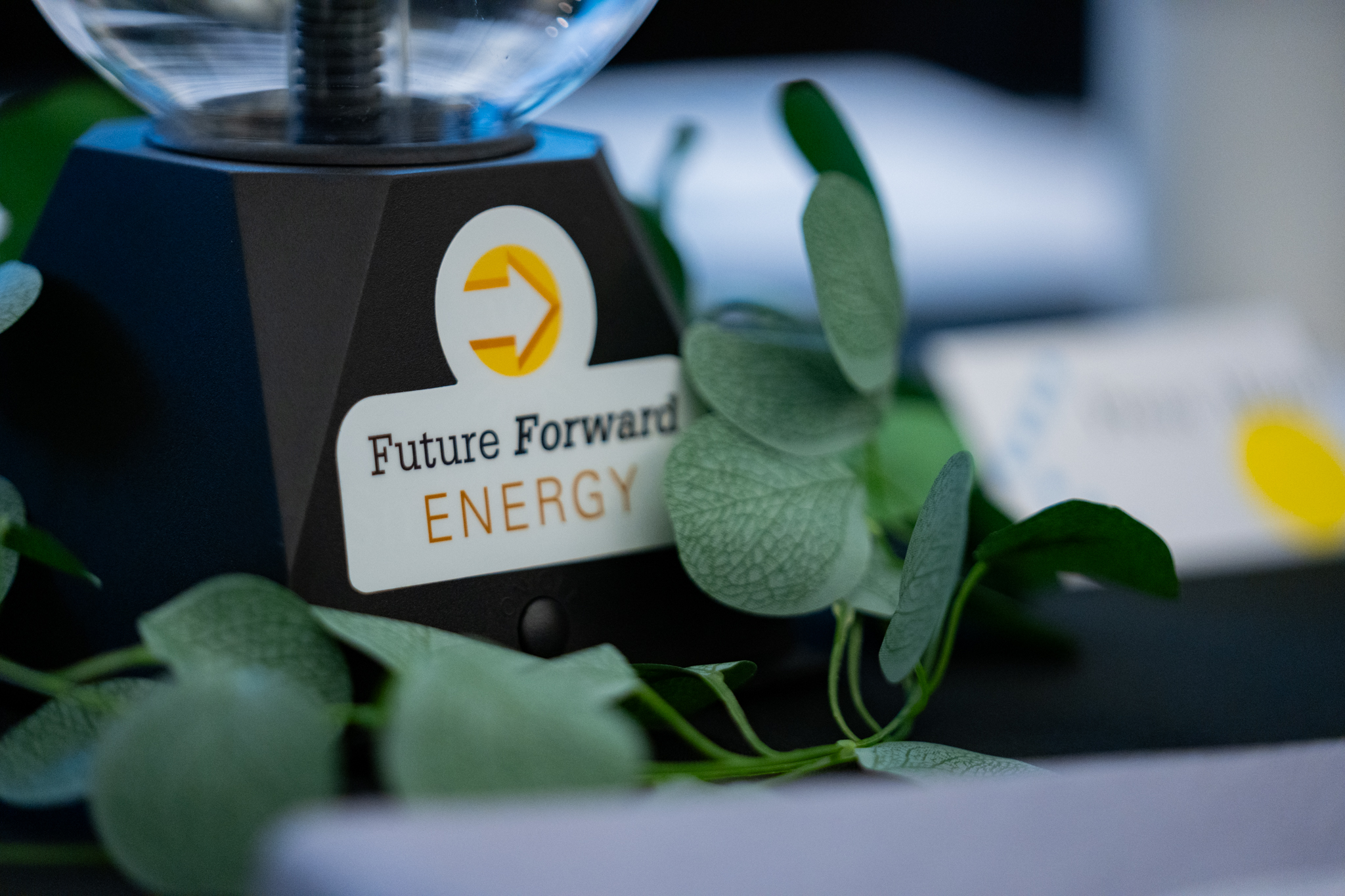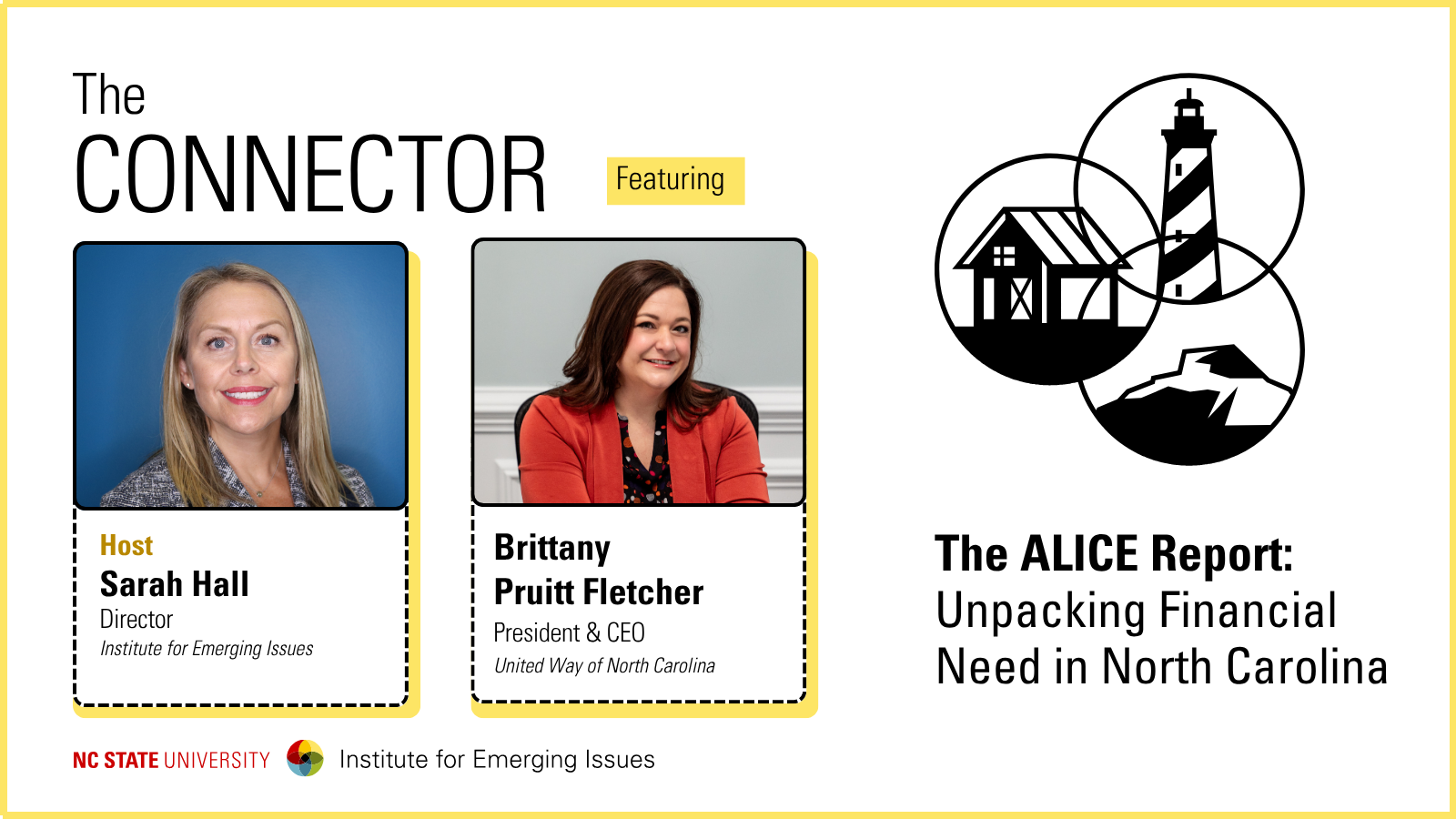Exploring a NC Regional Exchange: What’s Needed Right Now?
Guest authored by John Dempsey Parker, Fellow, Institute for Emerging Issues
This piece is the third in a series of stories connected to the exploration of a regional leadership exchange, with the NC Rural Center, Wildacres Leadership Initiative, Leadership North Carolina, and NC State’s Institute for Emerging Issues (IEI). Here you can find part one and two.
Greetings, y’all. I hope you’re doing well and in good spirits. There’s plenty to do and too much to deal with these days. Here’s my contribution to this discussion. For me, the potential of a regional leadership exchange is strong. It’s important for me to share some of my vocational journey and invite you to understand my point of view.
Since 2016, I’ve served as a fellow at NC State University’s Institute for Emerging Issues, focused on community engagement and community development, particularly collaborative and culturally appropriate leadership development support within and among NC’s faith communities. In addition, I’m an independent consultant and organizer. I’m also a graduate of the NC Rural Center’s REDI leadership program. If you’re interested, you can find more about my work and approach here: http://johndempseyparker.org
Since the mid-1990s, I’ve intentionally worked within and across the nonprofit sector, faith communities, activist networks and the community development field, primarily in North Carolina, as well as in other parts of the US South. I’ve engaged at the intersections of community organizing, economic justice, entrepreneurship, philanthropy, social movements and public policy. Along the way, I’ve tried to be of service to strengthen various efforts, primarily connected to fusion coalitions—the multiracial, intergenerational and multifaith alliances and networks, guided by African-American and multicultural leadership teams, centering the lives of people of color and the poor and working class. We’ve aimed to nurture restorative and transformational change in local communities, the state and beyond. This work benefits everyday people, and particularly the poor, marginalized and others engaged in the struggle to survive and thrive. I’ve characterized the work to some as multiple, inter- and holy entanglement.
All of this work is interconnected if you choose to see it that way. How can we show up and add our efforts to others’ to hopefully strengthen the whole? How can we leave doors open and empty chairs at the table for others to join and bring their talents and energy into the mix? More recently I’ve been asking how institutions of higher education can serve and strengthen communities and regions as well as support regional, community and grassroots agendas without harming or exploiting them along the way.
For me, over 25 years, this orientation has involved being bi-vocational and creative in designing employment roles or goals, wrestling with aligning work, family, and community, as well as serving in a variety of capacities beyond paid employment, as a board member, an engaged community member, or informal, no-named roles. It hasn’t always been easy. I’ve got more than a string of stories with heartbreak, grief, loss, mistakes and struggle as well as stories of achievement, transformation, wonder, love and friendship.
As a member of the IEI’s faith team, we engage faith leaders (clergy and lay), congregations, and partners through:
- supportive guidance and technical assistance,
- nurturing issue oriented and place-based networks,
- encouraging civic engagement and community collaborations, as well as
- convening diverse forms of gatherings for mutual learning, sharing, and partnership opportunities
We support faith communities for increased community engagement and collaboration through a process that assists them with identifying and understanding the root causes of community issues, developing community action plans, and implementing those plans. Ultimately, we’re nurturing relationships and mutual learning among community anchors that are increasingly connected, collaborative, adaptive and thriving.
We nurture peer networking groups that meet multiple times a year. Some of the issues we focus on include health and well-being, community food systems, housing, education and early childhood development, stewardship economics and fundraising, as well as working across racial, class or cultural differences. Through these peer networks, we facilitate dialogue for mutual learning and sharing resources. We also encourage place-based collaborations with local and regional public institutions, nonprofits and other faith communities. Ideally they strengthen community connectivity and uplift hospitality, generosity, engagement and collaboration across sectors and social divides to positively influence quality of life issues and address social mission priorities. We’re hearing about what’s working and not working regarding adapting to pandemics and disasters, public health outreach and education, caregiving and healthy aging, digital equity and inclusion, loneliness and mental health, as well as supporting youth development, educational advancement, vocational and work transitions. We adapt, prune and support new groups as needed. Ultimately, these diverse relationships contribute towards nurturing collaborative and resilient faith communities that help strengthen their local communities. To us, there are some lessons in all of this that could be valuable to any emerging, regional cross-sector networks that emerge.
With this overview, I believe we must further cultivate mutual learning to:
- explicitly, intentionally, and deliberately offer space for reflection, sharing, and visioning
- connect and weave relationships, initiatives, efforts, and ideas
- root the emerging work and practices in their cultural and community contexts and places
- hopefully strengthen the resilience, creativity, and the connectedness of those engaged
Food for hearts and minds:
Culture matters. Multiple cultures exist in our communities, organizations and institutions. We’re in a time of great polarization, mis- & dis-information, and politicizing around how we care for one another, and how we support one another in our schools, workplaces and communities. Facts, data and stories abound, and so do liminality, uncertainty, confusion, denial, distrust, avoidance, prejudice, erasure, entitlement, greed, delusion and manipulation. Everyone has experiences, knowledge and opinions, not necessarily based on the same information or rooted in similar points of view. Authenticity and what’s “real” is tricky and many times, it’s in the eye of the beholder. Civic engagement has become less civil. Given the confluence and interconnected nature of many of our planetary and national trends and struggles (and their local and regional manifestations), this should be an “all hands on deck” time. However, I believe some folks prefer to see what they can understand or want to see—the partial fragment they can make some sense of or critique, or what’s familiar. We must wrestle for what’s real and true, for clarity and purpose.
This should be a time to dig in, to be curious and humble, to develop rapport and get familiar with what we don’t know or find strange or different, even though it may be disorienting to be beyond our comfort zones. We should be open to the unexpected and to being surprised. We should work with others to seek to understand more of what we don’t know, or what we believe differently from others.
What if a diverse collection of folks within a region in NC gathered on a regular basis to explore (1) what’s working, (2) what’s not working, (3) what’s needed right now, (4) what are our assets and strengths, (5) how can we support each other, and (6) what we can do together? I know it’s already happening in some places, and in the midst of various pandemics, others need to seize the opportunity. What if groups that gather become connected to groups in other communities, across county lines, throughout the region—face-to-face when it’s safe to do so, and virtually, otherwise—doing what they can to build relationships, share, envision and explore what’s possible?
Ideally, we’re all bringing along our relationships and experiences to bear on the journey forward. I believe we’re in a moment of renewed openness and curiosity about what we don’t know, bearing witness to history, what’s happening and stirring, and imagining scenarios about what may emerge. We’re seeking appropriate and compassionate responses, rooted in an ethic of empathetic engagement and care for all our relations, and for our neighbors that we don’t know as friends or partners (yet).
Remember that we all want to feel alive and be seen, to be valued and useful. There’s plenty to do. Grab a colleague or friend and find some new folks. We need to dig deep, stretch, be bolder, take new risks and ask hard questions. Be vulnerable, explore what scares us and what we hope for, and commit to do something together. Or let’s do separate things and debrief our experiences. We won’t get it right all the time. Accept responsibility, our entanglements or stuckness, and be accountable. Figure out how to do better. Then discern what’s next. Keep going. Daily life is path and practice.
This is my opinion, based on my experience. What’s yours? I sincerely encourage you to let me know if you want to connect. If there’s a way we can support you, brainstorm together or connect you to other good folks along the way, we’d like to be of service. Y’all can reach me at johndempseyparker@gmail.org. Thank you for taking the time to read this. If it feels right, I hope we’ll find a way to be in a collaborative relationship.
- Categories:


